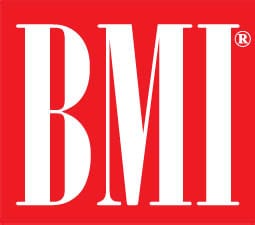Last month, the Antitrust Division of the Department of Justice (DOJ) requested public comment on several issues regarding Performing Rights Organizations (PRO)’s licensing of jointly owned works.[1] The request was made as part of the Division’s review of the operation and effectiveness of landmark consent decrees entered into by the DOJ and the two largest PROs, ASCAP and BMI.[2] Reading between the lines, it appears that “industry stakeholders” have been lobbying the DOJ to modify the Consent Decrees to better account for the rights of non-member owners of joint works.
So, what’s going on here? Although the DOJ has requested comment on a number of issues, the heart of the matter comes down to this: historically, PROs have provided a “blanket license” that grants the licensee the right to publically perform any work in the PROs’ repertoire, regardless of whether the work is wholly or partially owned.[3] And while it is a matter of black letter copyright law that joint owners of a copyrighted work may each freely issue non-exclusive licenses to the work as a whole, this right is subject to a duty to account to co-owners for any licensing revenue.[4] Herein lies the issue: PROs typically do not account to non-member owners for licensing revenue derived from jointly owned works.[5]
The ramifications of this practice are potentially huge, and it seems surprising in hindsight that this issue has never been litigated. In fact, the DOJ specifically requested comment on whether there were any known instances in which a user licensed by only one PRO was subject to a copyright infringement suit by another PRO or rights-holder.[6] One also wonders whether there are any instances in which a non-member co-owner has sued a PRO for unaccounted royalties. The issue is further complicated when one considers that co-owners may not own the same rights to a joint work. For instance, if co-owner A owns the performance right, and co-owner B owns the publication right, does co-owner A still owe a duty to account to co-owner B for a license granted to perform the work as a whole?
One thing is clear: if the DOJ modified the Consent Decrees to allow “partial” licensing, and/or required PROs licensing entire works to account to other PROs for partial ownership interests, it would have significant cost implications. What if rates differed between PROs? Whose rate would control? Would a single PRO charge different rates based on whether the licensee had already acquired a license from another PRO? Interestingly, such byzantine administrative issues would likely require the kind of licensing “clearinghouse” that the U.S. Copyright Office proposed in its exhaustive licensing study released earlier this year.[7] The question then becomes: could the threat or actual modification of the PRO Consent Decrees spur Congress to pass comprehensive copyright licensing reform?

